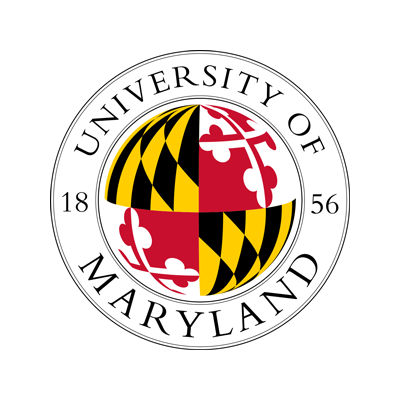University of Maryland

- Country
- 🇺🇸United States
- Ownership
- Private
- Established
- 1856-01-01
- Employees
- 10K
- Market Cap
- -
- Website
- http://www.umd.edu
Clinical Trials
4
Trial Phases
2 Phases
Drug Approvals
0
Drug Approvals
No drug approvals found
This company may not have drug approvals in our database
Clinical Trials
Distribution across different clinical trial phases (4 trials with phase data)• Click on a phase to view related trials
Physical Telerehabilitation in Veterans With Multiple Sclerosis
- Conditions
- Multiple Sclerosis
- First Posted Date
- 2015-01-27
- Last Posted Date
- 2017-05-05
- Lead Sponsor
- University of Maryland
- Target Recruit Count
- 74
- Registration Number
- NCT02346734
- Locations
- 🇺🇸
University of Maryland, Baltimore, Maryland, United States
CASA: Care and Support Access in HIV Disease
- Conditions
- HIV/AIDS
- First Posted Date
- 2014-05-13
- Last Posted Date
- 2019-06-04
- Lead Sponsor
- University of Maryland
- Target Recruit Count
- 197
- Registration Number
- NCT02136680
- Locations
- 🇺🇸
University of Maryland Medical System, Baltimore, Maryland, United States
Belatacept in Renal Transplantation With Intermediate Risk Maryland Aggregate Pathology Index (MAPI) Scores
- First Posted Date
- 2011-12-21
- Last Posted Date
- 2018-06-14
- Lead Sponsor
- University of Maryland
- Target Recruit Count
- 20
- Registration Number
- NCT01496417
- Locations
- 🇺🇸
University of Maryland, Baltimore, Maryland, United States
Bupivacaine Versus Lidocaine on Inflammatory Regulation
- First Posted Date
- 2010-02-02
- Last Posted Date
- 2018-05-31
- Lead Sponsor
- University of Maryland
- Target Recruit Count
- 11
- Registration Number
- NCT01060774
- Locations
- 🇺🇸
University of Maryland, Baltimore College of Dental Surgery, Baltimore, Maryland, United States
News
Humacyte's Symvess Demonstrates 92% Patency Rate in Hospital-Acquired Vascular Complications Study
Humacyte published outcomes in the Journal of Vascular Surgery showing Symvess achieved 92% patency rates and 100% limb salvage in 12 patients with hospital-acquired vascular complications.
Maryland Stem Cell Research Fund Allocates $18 Million to Advance Regenerative Medicine Research
The Maryland Stem Cell Research Commission has awarded over $18 million in grants to 52 investigators working on nearly 50 different medical conditions including sickle cell anemia, diabetes, and various neurological disorders.
Novel MRI Biomarker Shows Promise for Early Detection of Heart Damage in Duchenne Muscular Dystrophy
University of Maryland researchers discovered that MRI-derived septal circumferential strain can detect early cardiac dysfunction in Duchenne muscular dystrophy patients before traditional markers appear.
